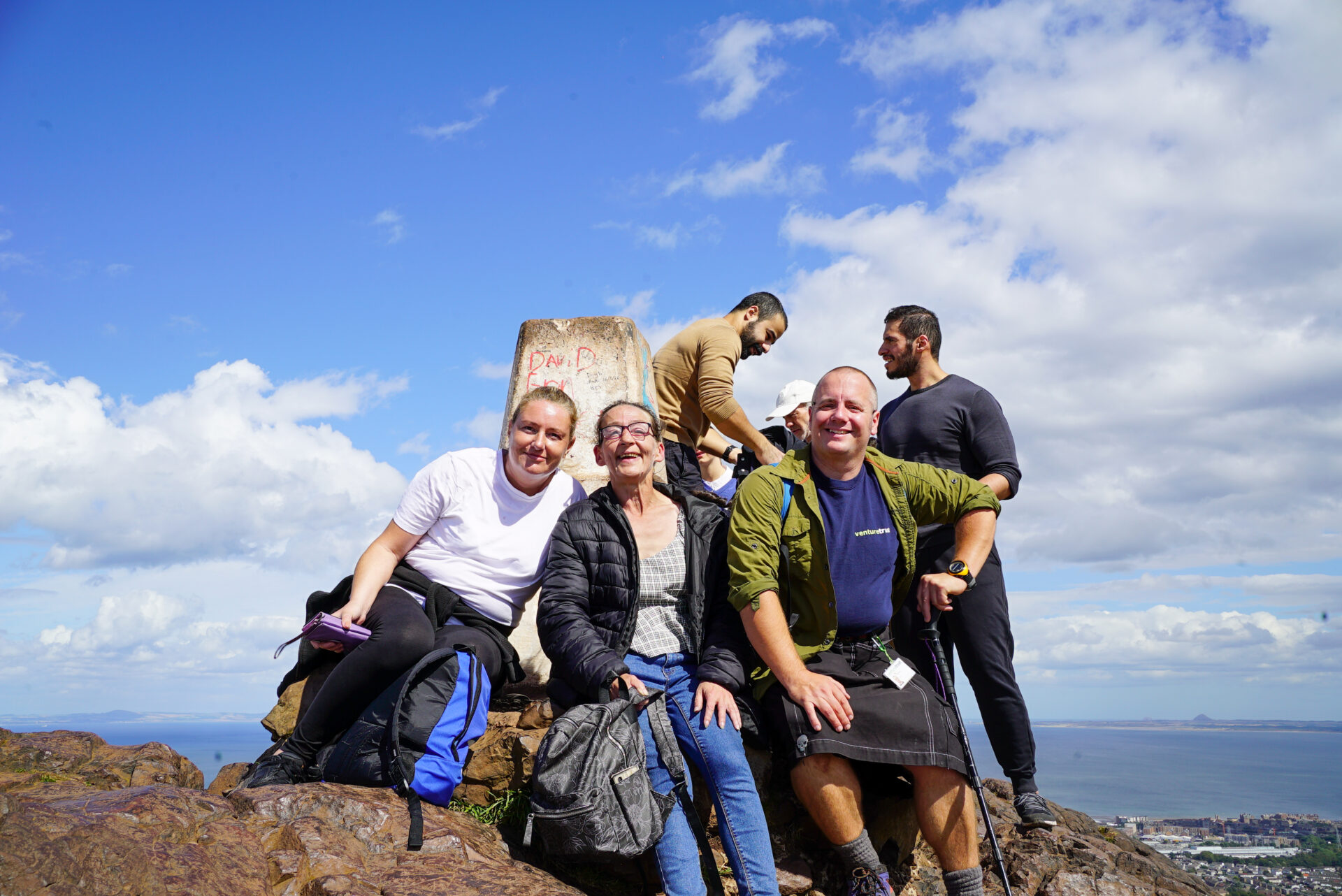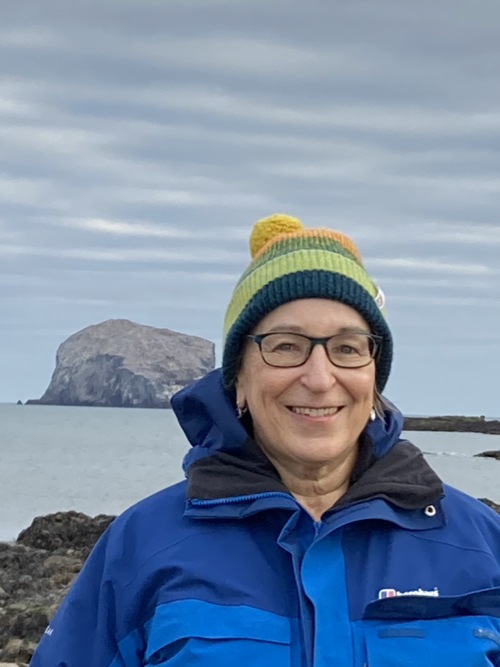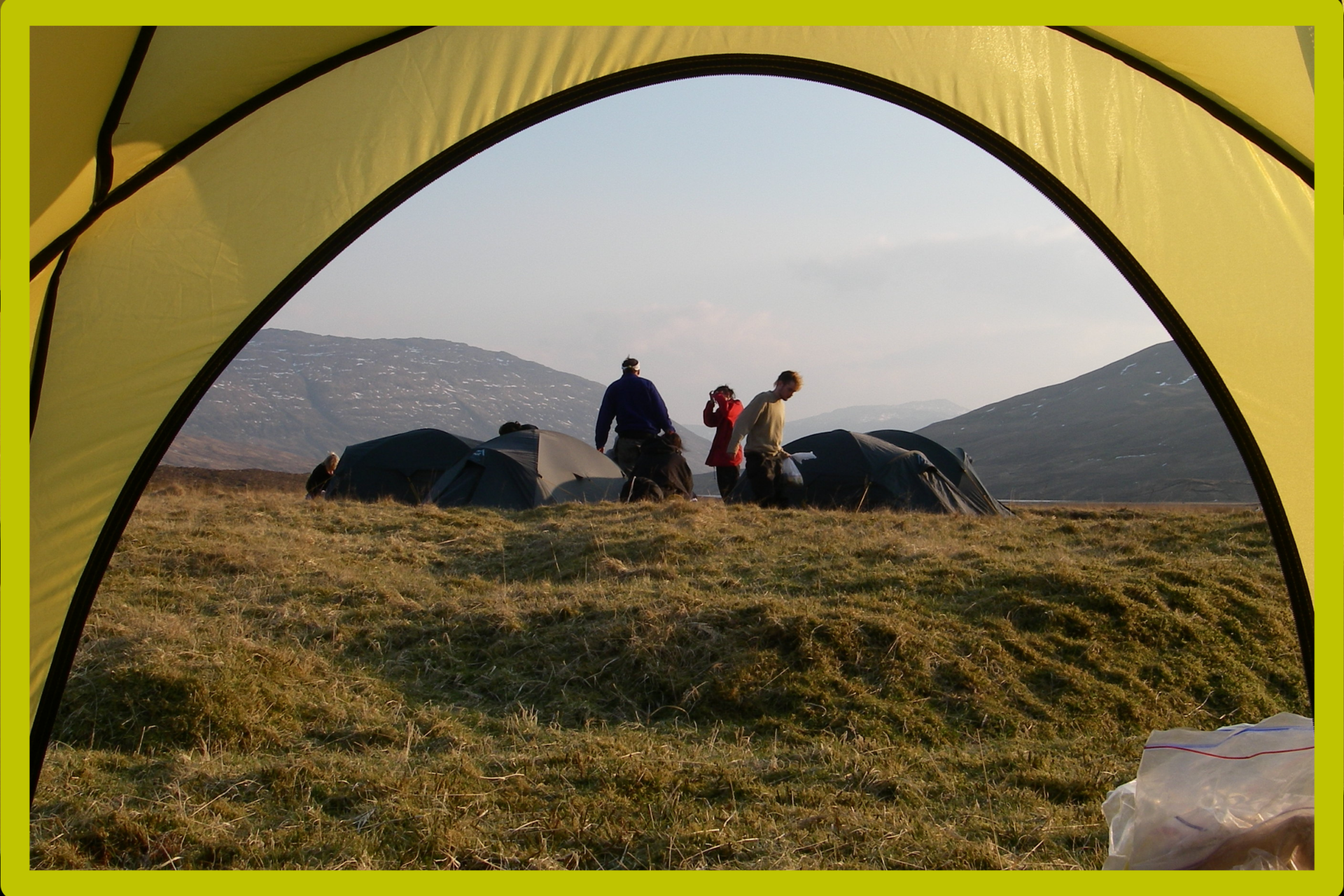The UK government has recently unveiled plans to help people in England access green and blue spaces like parks and woodlands. The ambitious new Environmental Improvement Plan is designed to help towns and cities increase the amount of green cover to 40 per cent in urban residential areas, and includes a commitment that the public should be able to access green space or water, such as woodlands, wetlands, parks and rivers, within a 15-minute walk from their home.
They’re pursuing this goal for good reason – green spaces provide an estimated £6.6 billion of health, climate change and environmental benefits in England alone every year – but one third of people do not have access to good quality green and blue space within 15 minutes of their home, given that 80 per cent of people now live in towns and cities.
This plan nods towards the myriad social benefits of increasing access to green and blue spaces. Green spaces have been described as our natural health service, an outdoor classroom and the green lungs of our towns and cities.
Increasingly we understand how impactful being outside and in nature can be – for improving mental health and wellbeing, for giving time and space to think and for connecting with eco-systems and processes that are much bigger than us. Through our Outdoor Therapy service and our Wilderness Journeys, we see how transformational it can be to get outside, step away from day-to-day life and learn about yourself within nature. Participants report feeling calm, and connected – to themselves, the people around them and the place they’re in, finding perspective that helps them to understand why they’ve been feeling certain things.
One person said: “The scenery in the outdoors helped me to think and be honest with myself. It got me to ask myself what I really wanted from life. I started to think about how I wanted to be a better person. I call it ‘recovery with nature’. I went through every emotion on the wilderness journey. I laughed and I even had a cry, which I hadn’t done in a long time. That felt like a big release.”
For a young person from a city, the first sight of sheep in a field or a cloud shadow moving over the mountains can be amazing, inspirational, even daunting. Sometimes the thought of getting boots and waterproofs on and heading out into wilder places is a formidable prospect. What will you do when you get there? Will it be cold and wet? Will it be boring? Am I capable? It’s important to have support – kit, equipment, knowledge to help people to take their first steps into outdoor and natural environments – as well as being welcomed. The fear of the unknown, or of feeling as though you don’t belong in a place, can be an enormous deterrent and where traditionally, residential school visits to Outdoor Education Centres have provided children with an immersive experience outdoors and the first chance to dip in a river, or climb a mountain, Covid-19 has had a devastating effect on the outdoor sector – impacting staffing and funding, and resulting in the closure of centres which grant more people access to the outdoors and its benefits.
However, we continue our work bringing young people and adults to the outdoors and supporting their personal development – and thankfully, in a Scottish context, a proposed Schools Residential Outdoor Education Bill aiming to “ensure that young people have the opportunity to experience residential outdoor education”, and develop alternative and life-changing skills is in the process of being passed.
This is an exciting and pivotal time to be delivering outdoors programmes and services, and we welcome the growing recognition of the benefits they can afford those across society in the UK.
Gemma Jones, Director of Operations and Clara Strachan, Marketing and Communications Officer, Venture Trust
This article was originally published in the ‘Friends of the Scotsman’ column.






